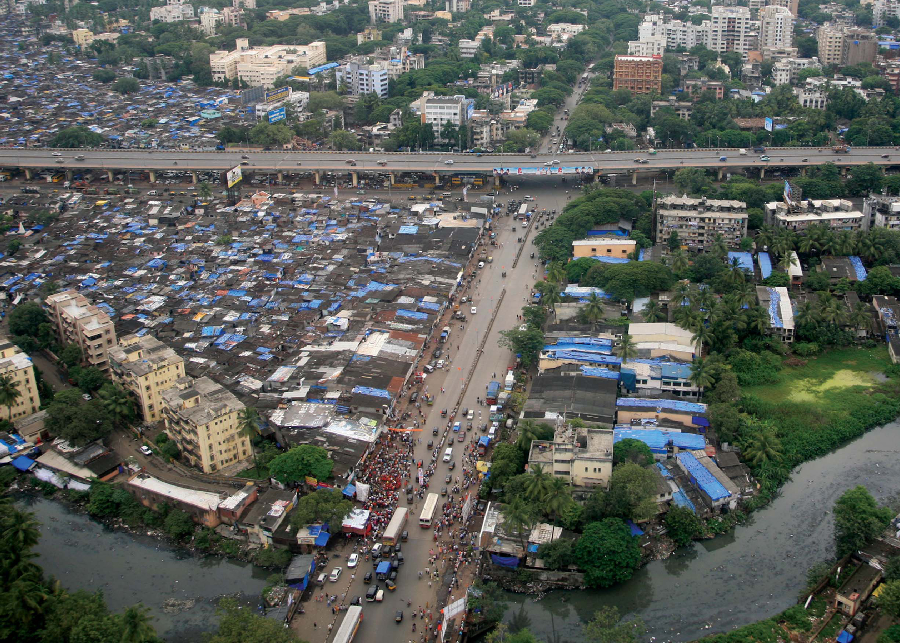
Cities and the Urban Informal Economy: Rethinking Development, Urban Design and Planning
Semester: Spring 2022
Course Number: SES-5397
Instructors: Rahul Mehrotra, Martha Chen, Biswapriya Sanyal
Since the emergence of the concept of the ‘urban informal economy’ in the early 1970s, there have been multiple interpretations as well as applications of this concept for urban development in newly industrializing nations. And yet, many important questions still remain to be addressed. The persistence and, in fact, the continuing growth of the urban informal economy around the world has, on the one hand, revealed the complex livelihood patterns of the working poor; but on the other hand, this trend has also brought to fore many new challenges for designers, urban planners, and social activists who care about good and sustainable city form, equitable and efficient city planning, and bottom-up strategies for good governance. What requires close scrutiny are: regulations, policies, taxation, spatial planning, design principles , and institutions through which development strategies affect the lives of the working poor in the urban informal economy. Conversely, the structure and function of cities’ informal economies has profound impact on the spatial, economic, and political development of cites. Yet, the conventional concepts and techniques of Urban Design and Planning seldom directly address the challenges and contributions of the informal economy as a key driving force which influences quality of urban life. In fact, traditional approaches continue to assume the urban informal economy as a transitory outcome which would wither away as cites and nations modernize spatially, economically, socially, and politically. This interdisciplinary course, led by an urban designer, an urban planner, and a leading global advocate for the urban working poor, intends to scrutinize the different theories and their applications, since the early 1970s, to better understand and influence the informal economy. The objective is to transcend conventional disciplinary approaches with innovative, multidisciplinary thinking regarding how to valorize and enhance the contribution of the urban working poor to good city form, equitable city planning, and democratic urban governance.